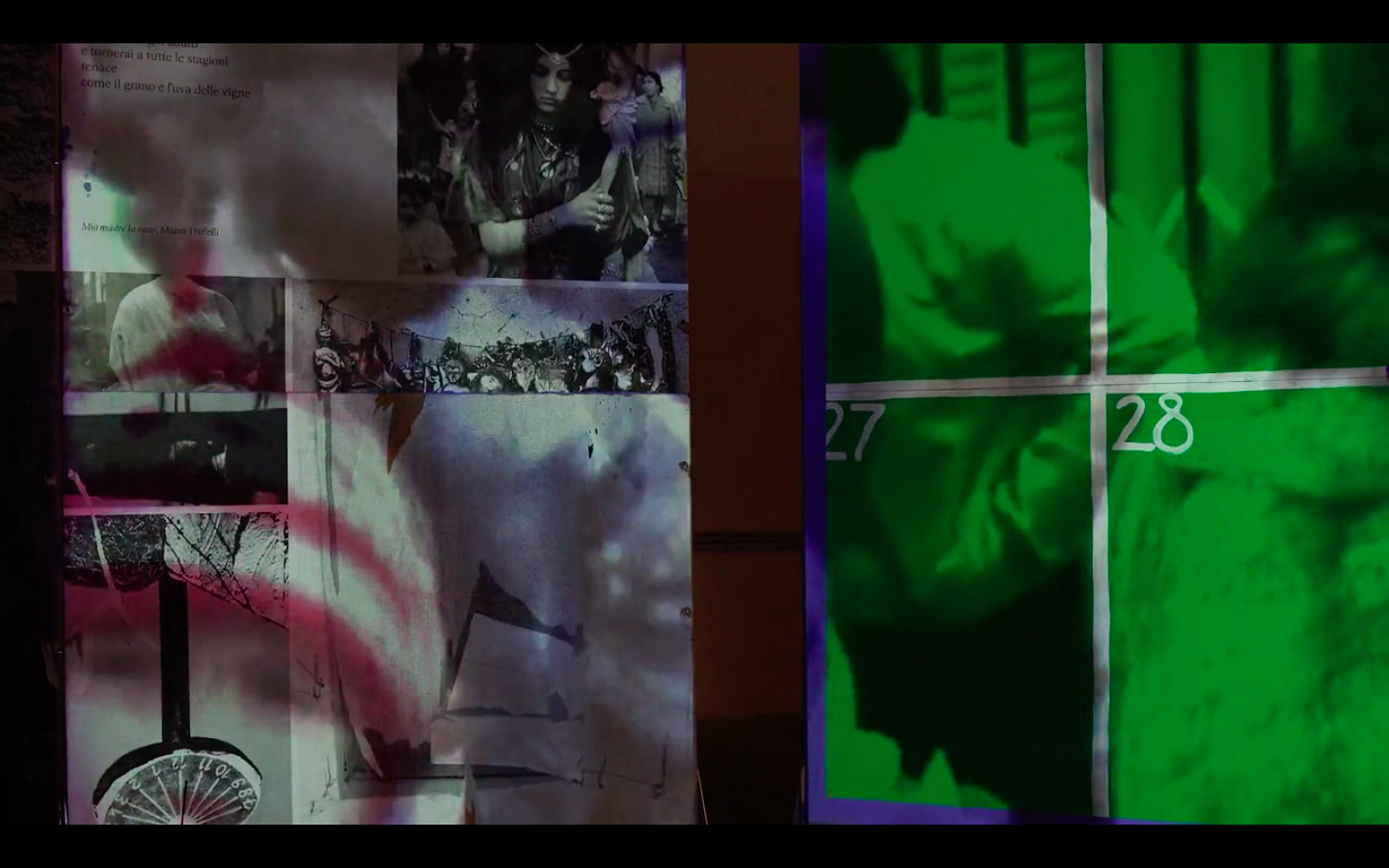Liam Gillick is a New York-based artist known for contributions in sculpture, video, architecture, and text. His work focuses on the contemporary management of labor, time, and aesthetics extended through a distinctive conception of exhibition as a medium in its own right. His work is divided between abstraction based on social and political structures of the present and texts, films, and graphics that often appear to contradict and comment upon the apparent clarity of his structures. Rather than an earlier reliance upon geometry, systems, and subjective visions, Gillick’s abstract works are derived from the secondary structures emerging from an information-based society of renovation, negotiation, and discourse. A theorist, curator, and educator as well as an artist, his wider body of work includes published essays and texts, lectures, and curatorial and collaborative projects. Gillick’s work reflects upon conditions of production in a postindustrial landscape, including the aesthetics of economy, labor, and social organization. His work exposes the dysfunctional aspects of a modernist legacy in terms of abstraction and architecture when framed within a globalized, neoliberal consensus, and extends into a structural rethinking of the exhibition as a form. He has produced a number of short films since the late 2000s which address the construction of the creative persona in light of the enduring mutability of the contemporary artist as a cultural figure: Margin Time (2012), The Heavenly Lagoon (2013), and Hamilton: A Film by Liam Gillick (2014). The book Industry and Intelligence: Contemporary Art Since 1820 was published by Columbia University Press in March 2016.
Pelin Tan is a Turkish art historian and sociologist based in Turkey. She is a researcher and writer working on methodology and in the fields of critical spatial practices, alternative pedagogies, and the commons. Currently, she is a professor and head of the film department at the Faculty of Fine Arts, Batman University, a senior research fellow at the Center for Arts, Design and Social Research, Boston, and a research fellow at the Architecture Faculty, University of Thessaly.
She was a postdoc fellow at Massachusetts Institute of Technology (2011), DAAD Art History, Humboldt University of Berlin (2006), The Japan Foundation (2011), and Hong Kong Design Trust (2016). Tan is the lead author of the report “Urban Society” by ipsp (Cambridge Univ.Press 2018) and has contributed to several publications, including Climates: Architecture and The Planetary Imaginary (Columbia University, 2017), Refugee Heritage (Art & Theory, 2021), Radical Pedagogies (MIT Press, 2022), Autonomous Archiving (dpr, 2017), The Silent University: Toward-Transversal Pedagogy (Sternberg Press, 2016), Designing Modernity: Architecure in the Arab World (Jovis, 2021), and From Public to Commons (Routledge, 2023).
